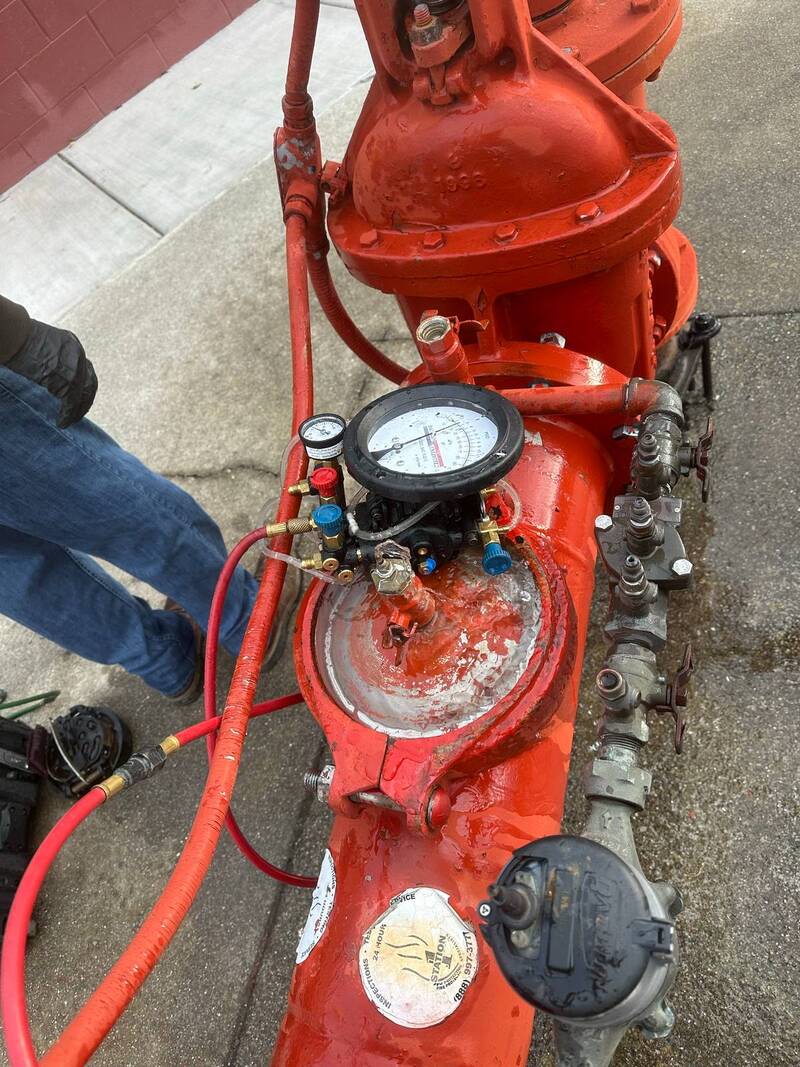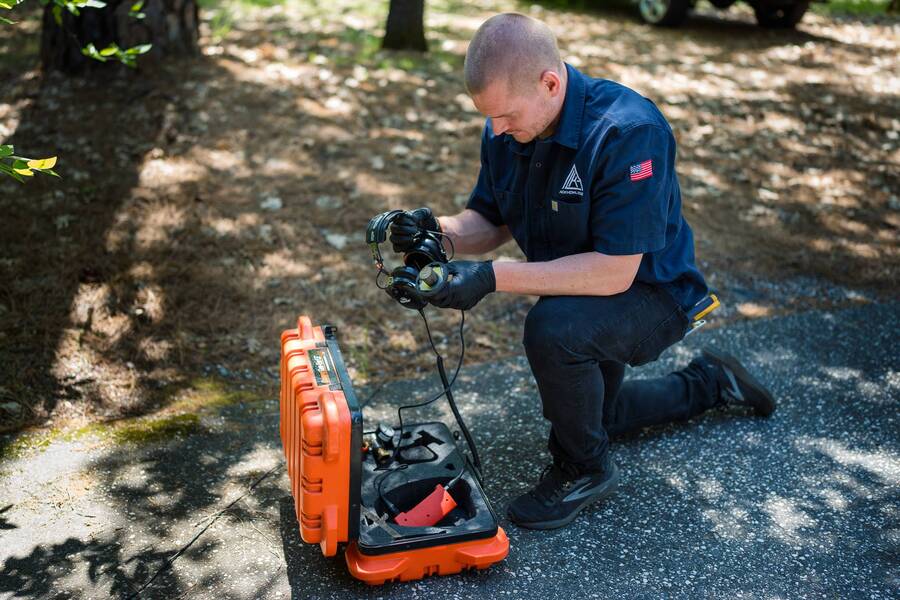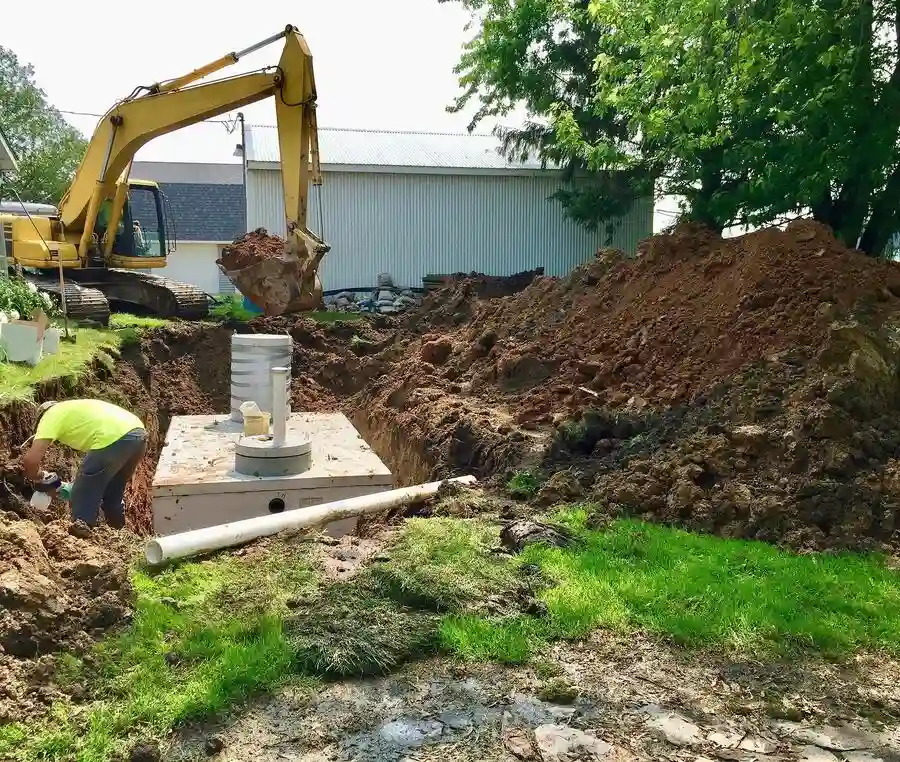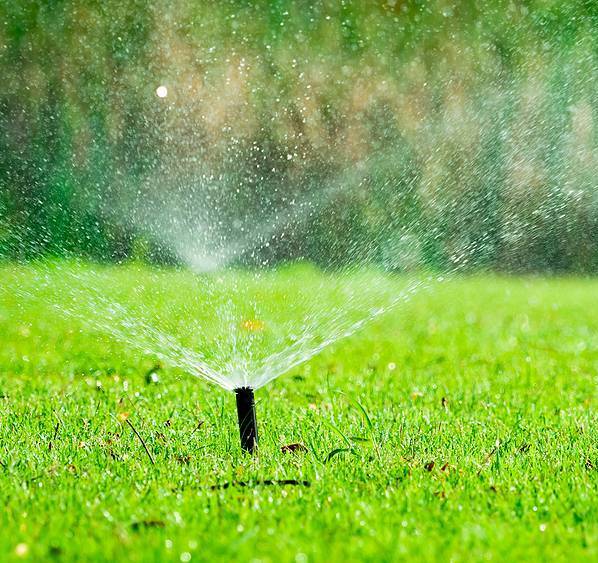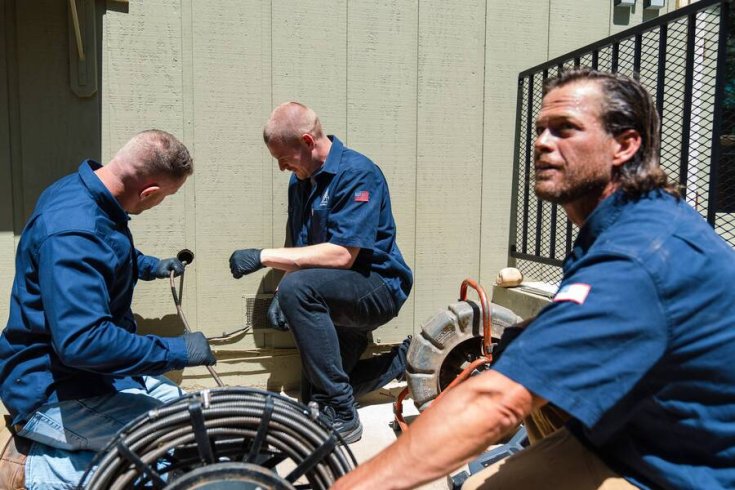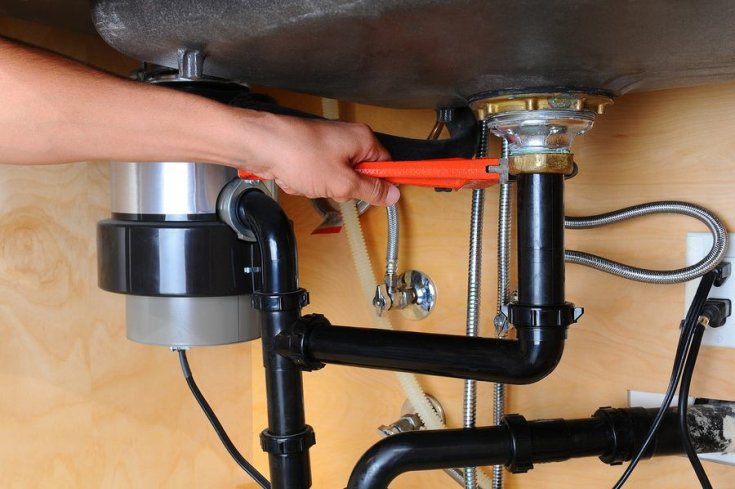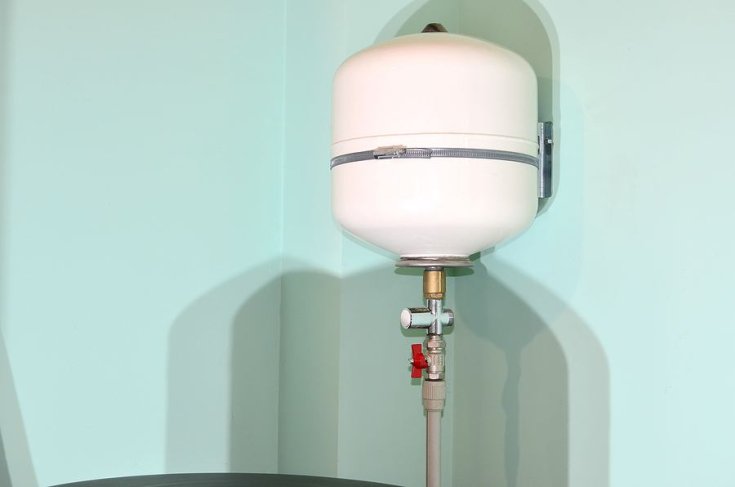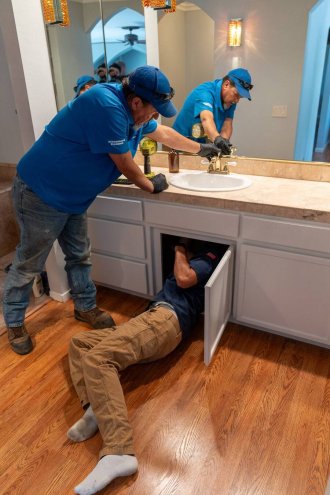Nov 10, 2024 If you've ever noticed chalky spots on your glassware, dull laundry, and a stubborn layer of scum in your sink, then you're likely dealing with hard water. Hard water is packed with minerals like calcium and magnesium which are harmless to drink but can wreak havoc on plumbing, appliances, and even skin and hair. This is where a water softener installation comes in to – well – transform ‘soften’ hard water and give you benefits you’ll notice throughout your home.
In this brief article brought to you by Acknowledge Plumbing, we want to shed light on what hard water is, how a water softener works, and why installing one can make such a difference in your daily life.
Recognizing hard water
Hard water refers to a high concentration of minerals (primarily calcium and magnesium) in the water supply. These minerals occur naturally and can be picked up as water travels through rocks and soil. As a result, some areas have “harder” water than others, depending on the local water sources and the surrounding geology.
Backflow happens when contaminated water from outside your pipes reverses direction and…
Read More Water leaks, whether apparent or hidden, are a homeowner's nightmare. They can…
Read More When expanding your living space with an Accessory Dwelling Unit or a…
Read More From unexpected backups to soggy lawns, the signs of a failing septic…
Read More Do you want to keep your lawn and garden lush and vibrant,…
Read More Our Services
Acknowledge Plumbing provides 24-hour residential and commercial plumbing repair & installation services in Sacramento County and all surrounding areas. Call our office now to schedule a nearby plumber.
Although hard water is safe to drink, it leaves deposits or “scaling” on everything it touches. You may notice it in the form of cloudy spots on your drinking glasses, soap scum in the shower, and limescale buildup on faucets and appliances. Hard water also makes it harder for soap to lather; this can leave your skin feeling dry and hair looking dull. Over time, these minerals can clog pipes, damage appliances, and make cleaning a real hassle.
Understanding the science behind water softeners
Water softeners solve the problem of hard water by using a process called ion exchange. Here’s how it works.
Inside the water softener tank is a bed of tiny resin beads that carry a negative charge. These beads are covered in sodium (or sometimes potassium) ions, which are essential for the ion exchange process.
When hard water flows through the negatively charged resin beads, the positively charged calcium and magnesium ions in the water attach to the beads and swap places with the sodium (or potassium) ions. In other words, the ions are exchanged.
Over time, the resin beads become “full” of calcium and magnesium and need to be recharged with sodium ions to continue softening. During the regeneration cycle, the water softener flushes the beads with a brine solution to wash away the collected minerals and reload the resin beads with fresh sodium ions.
The many benefits of a water softener
With a water softener in place, you’ll start to notice several unexpected benefits in your home and daily life:
- Without mineral buildup, your glasses and dishes will come out of the dishwasher sparkling and spot-free.
- Soft water rinses soap and shampoo more effectively, thereby leaving skin and hair feeling softer and healthier.
- Soft water helps soap dissolve more thoroughly to give you brighter and softer clothes.
- With softened water, dishwashers, water heaters, and washing machines work more efficiently and last longer.
- Soft water makes cleaning easier since you won’t be fighting mineral residue on sinks, showers, or faucets.
Believe it or not, a water softener can translate into lower energy bills, more with less cleaning products, extended appliance lifespans, and fewer unexpected plumbing repair service.
Consult with a plumber today
If you are considering a water filter or water softener, then contact Acknowledge Plumbing to consult with a trained and experienced plumber. Our team is here to take your call or message at any time.

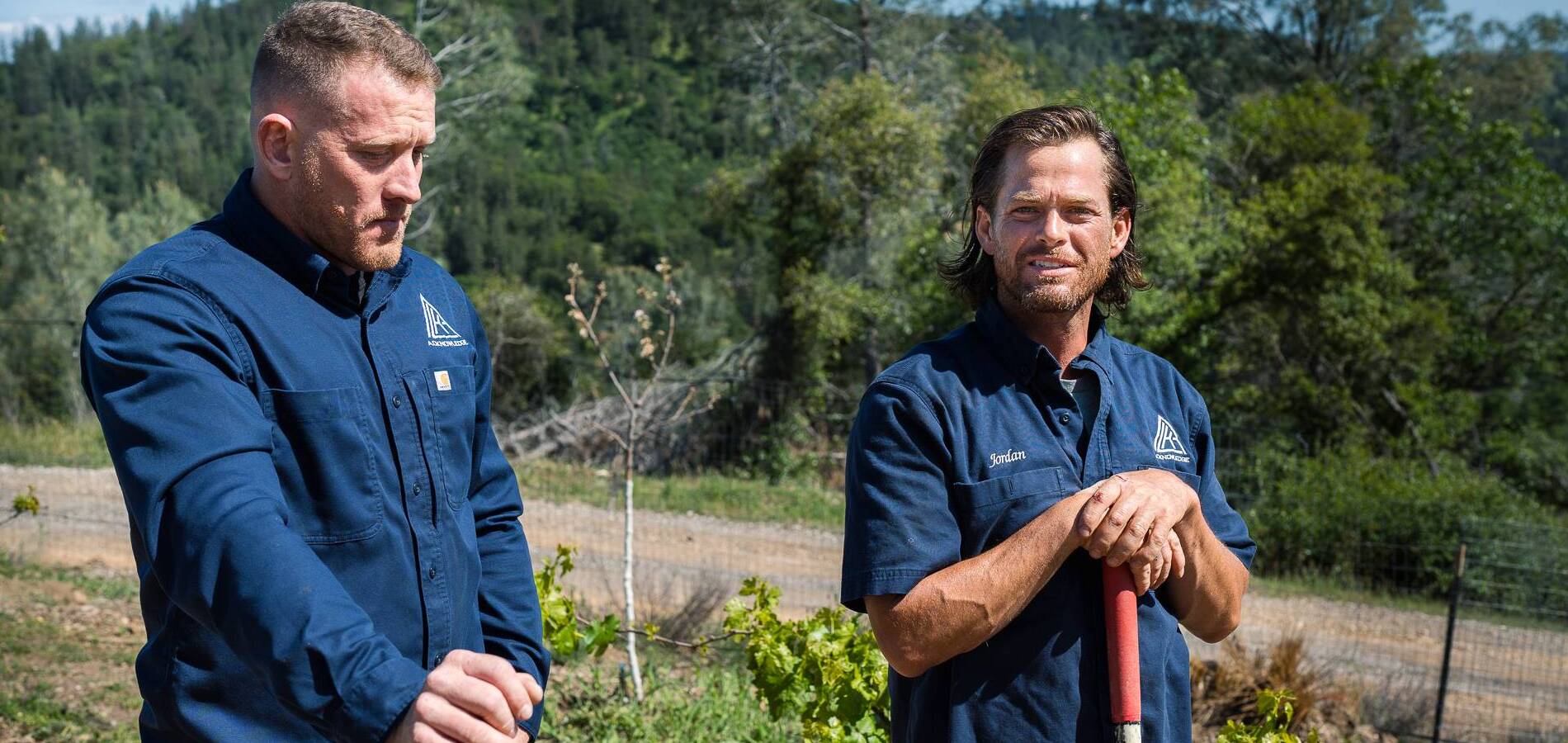
.webp)
